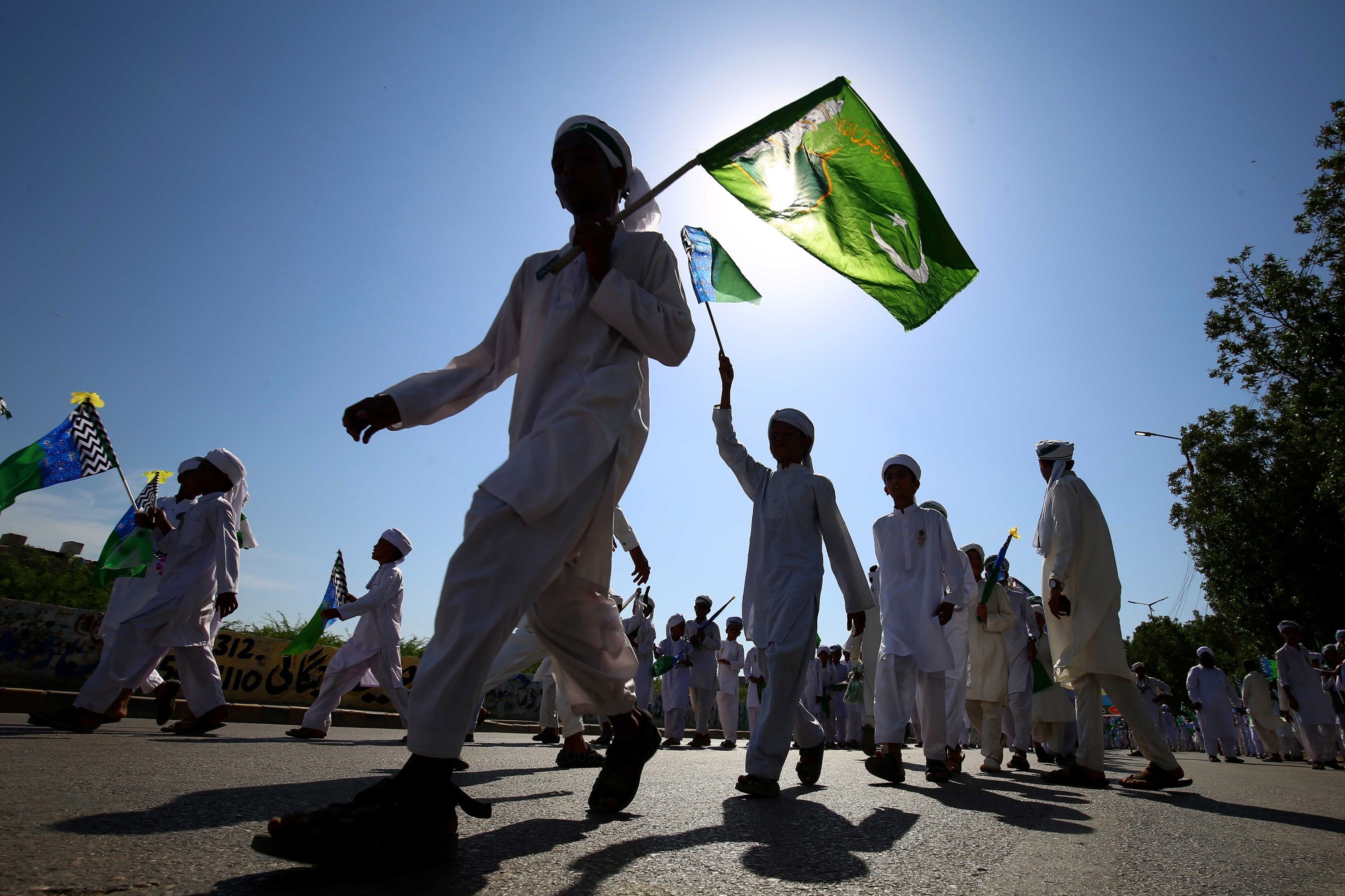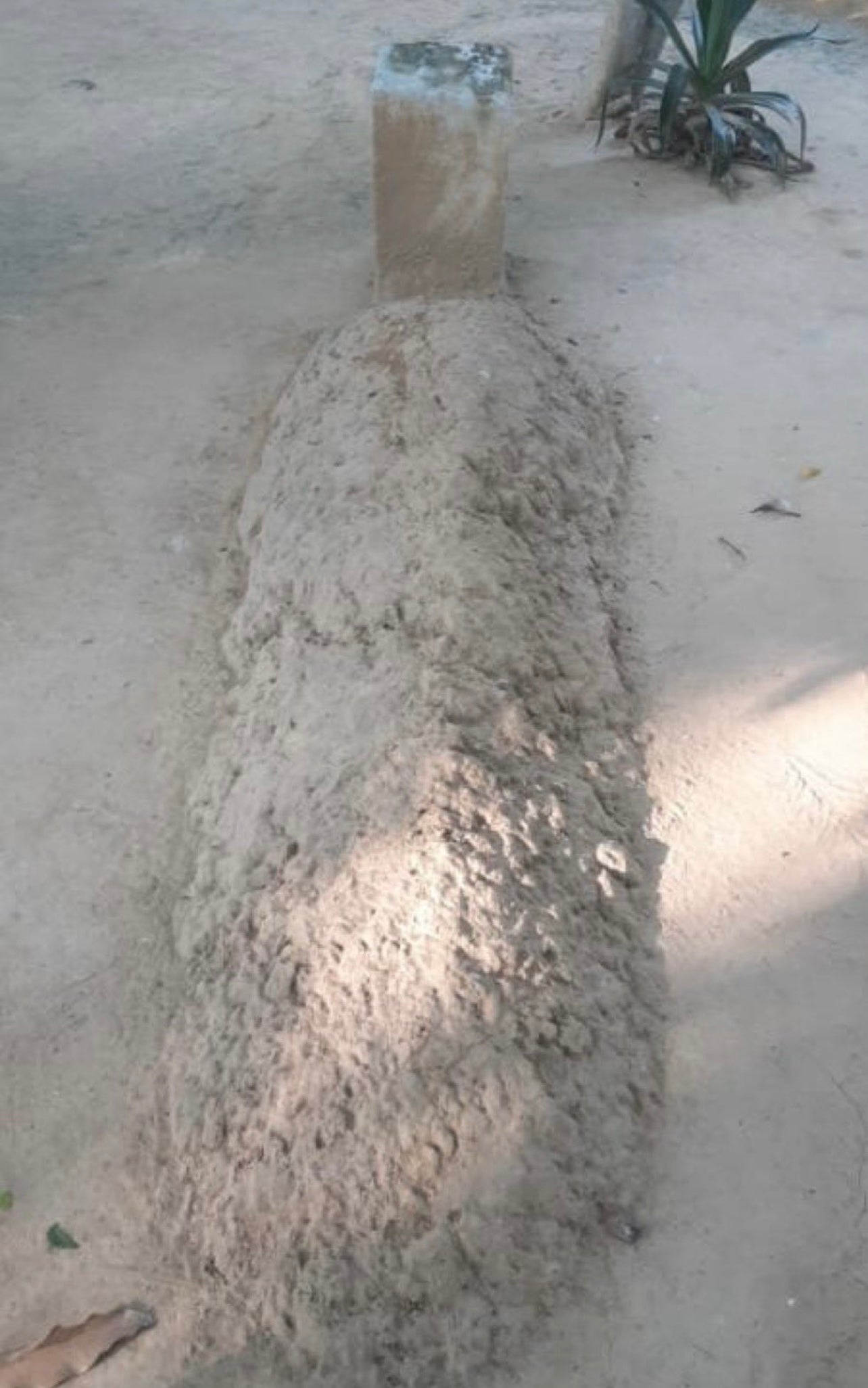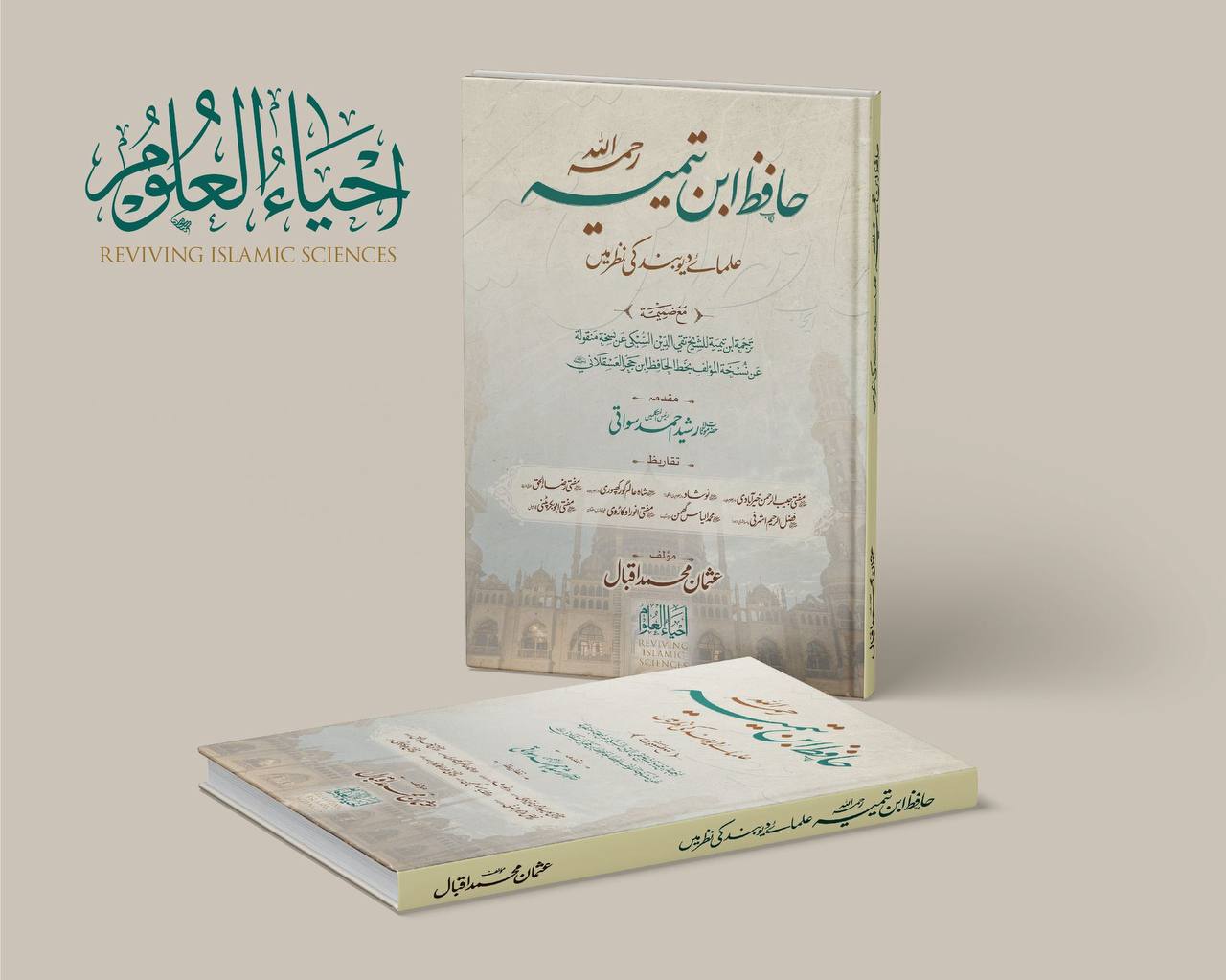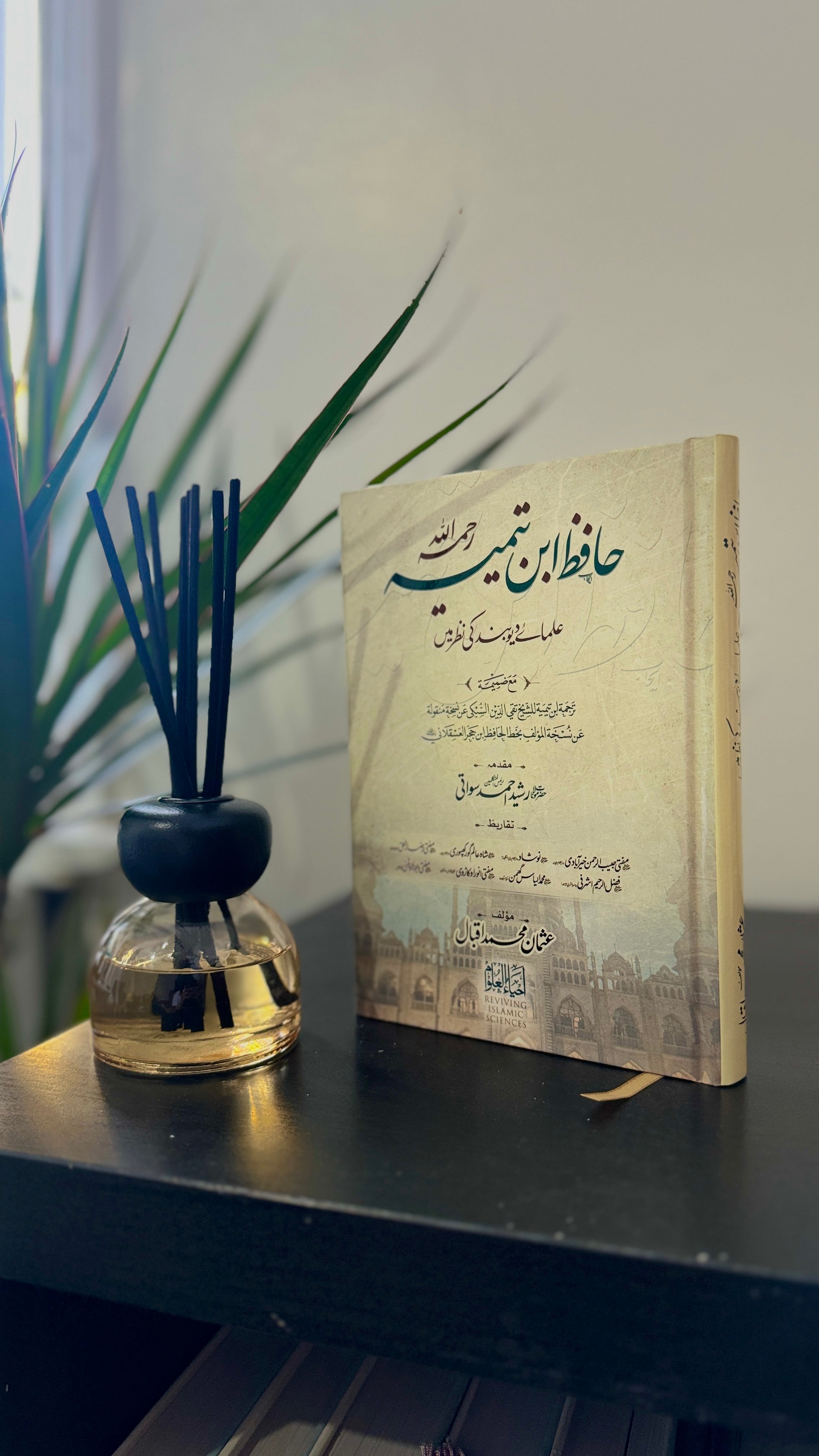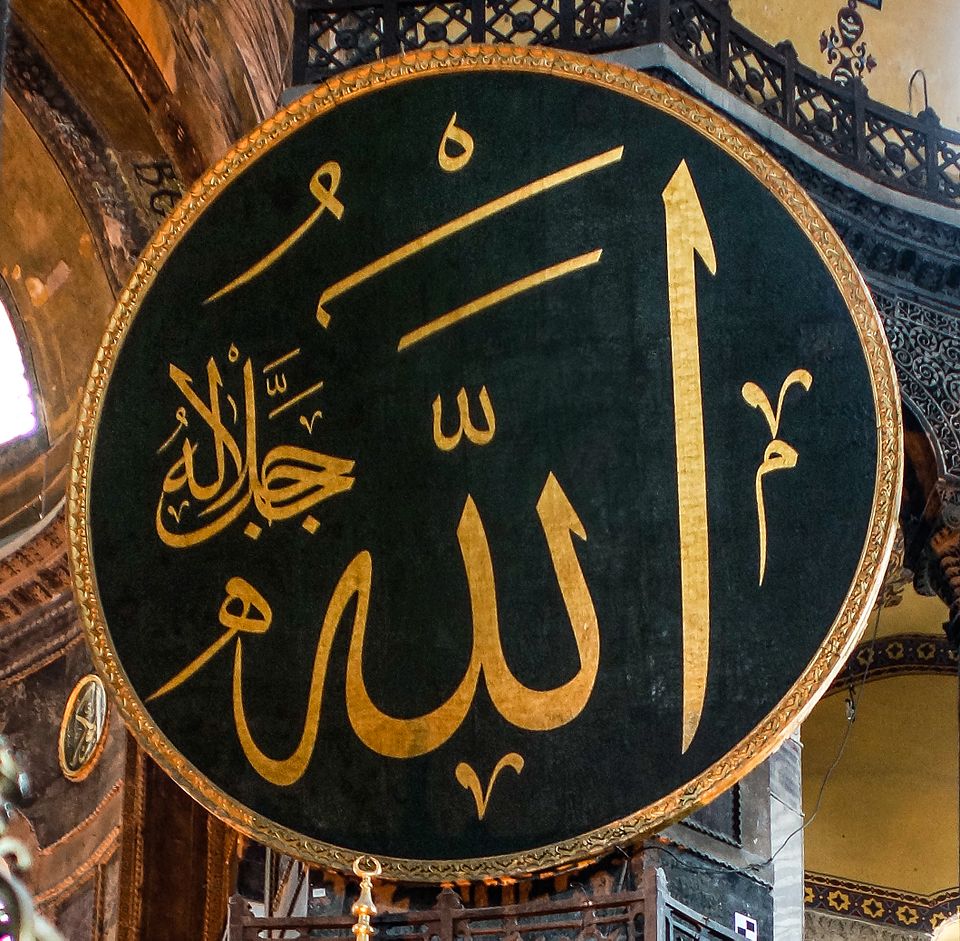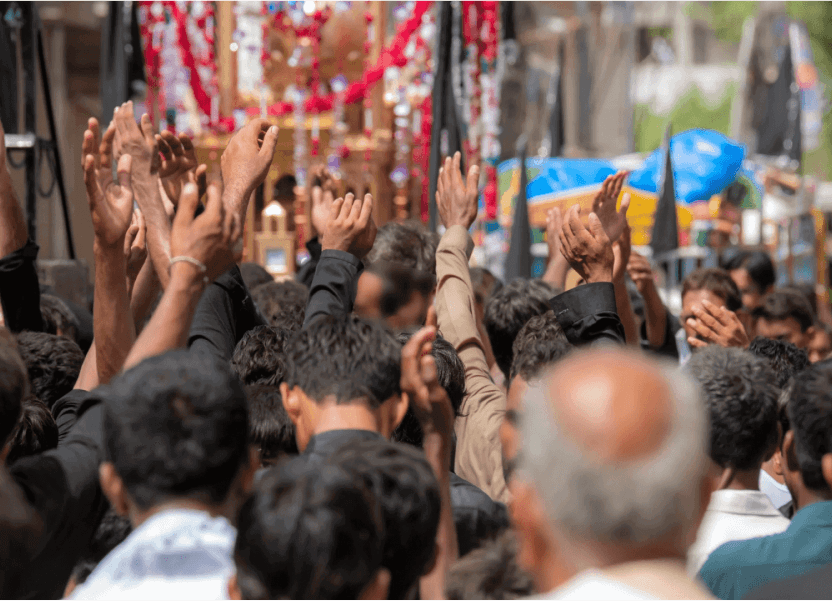
Disclaimer
Marriage - Shiaism vs Islam
The article explains that mut’ah, a Shia practice of temporary marriage, is not part of true Islam. It describes mut’ah as a short-term, contractual relationship used for sexual gratification, without the conditions of a proper Islamic marriage. The article emphasizes that the Prophet Muhammad (ﷺ) permanently prohibited this practice, and continuing it today goes against Islamic teachings.
All praise belongs to Allah, the Creator and Sustainer of the universe. Peace, blessings and salutations be upon the best of Allah’s creation, our master and leader, Muhammad (may Allah bless him and grant him peace).
In Islam, marriage is a long-term commitment which requires loyalty from both husband and wife. Islam gives women security and encourages life-long marriage relationships. We learn from various narrations that a successful marriage does not end at death, rather, it will continue in Jannah. Hence, there are numerous virtues of reconciling between husband and wife in the case of a marital dispute, for the sake of saving the marriage and avoiding a break up.
In the Islamic approach to marriage, women receive numerous rights. For example, a woman whose husband passes away will inherit a fixed share of his assets. Also, if she has a child to him then the child’s parentage is established through the mother and father, making this child part of a wider family unit consisting of maternal and paternal relations, and successful family units form successful nations.
Shiaism, on the other hand, encourages a temporary marriage contract known as mut’ah, which is void of the benefits marriage is expected to bring about.
Mut’ah literally means ‘pleasure’ and ‘gratification’. In Shiaism terms, mut’ah is when a man has the right to sexually gratify himself with a non-mahram woman for a period of time, and a price, mutually agreed upon by the two. Shias have no minimum or maximum time limit for mut’ah. This means that a mut’ah contract may be drawn for a year, month, week, day, hour or even minutes, so long as the time and price is clearly stipulated. The price can be anything as small as a handful of dates or barley. (1)
In Shiaism, neither is consent or knowledge of the woman’s guardian a requirement for the permissibility of the mut’ah contract, nor do they both need witnesses present. Nobody besides the man and woman need to know of the mut’ah. When the mut’ah contract time expires the woman and man both go their separate ways without the man having to issue a divorce, regardless of whether she may well have conceived an unwanted pregnancy. (2)
Shias believe mut’ah can be practiced with all non-mahram women, including adulterous women. Furthermore, Shias are permitted to perform mut’ah with married Sunni Muslim women, for, Shias do not recognize the marriages of Sunni Muslims, as they believe Sunnis are heretics and out of the fold of Islam. Mut’ah can be performed by Shias with Christian, Hindu and Zoroastrian women too, on the condition that they say ‘There is no god but Allah’ regardless of whether or not they genuinely believe. (3) In mut’ah, the man is not obliged to provide provisions and living quarters for the woman.
Now you may decide for yourself whether you see a difference between mut’ah and adultery? Doesn’t what happens in mut’ah happen exactly in adultery too? If this is marriage according to Shias then one wonders how they define adultery?
A hadith strengthens claims that Shia mut’ah is just another name for adultery. The Messenger (may Allah bless him and grant him peace) has said:
“There will be among my ummah people who will permit illegal sexual activity (zinā), silk, alcohol and musical instruments.” (Ṣaḥīḥ al-Bukhārī)
It is shocking to learn from authentic Shia sources that this type of mut’ah is one of the fundamentals of Shiaism. Ithnā ʿAshariyyah Shias (Twelver Shias) believe one who does not believe in mut’ah is a disbeliever and the faith of one who does not practice mut’ah is incomplete, and that he will come on the Day of Judgment with his mouth, nose and ears mutilated. (4)
Does Shia mut’ah not pave the way for immorality? Can such a practice be part of a religion like Islam which advocates morality, decency and security for women? Are women so cheap for men to be allowed to just abandon them after having used them for gratification?
Dr. Donna M. Hughes writes:
“According to an official source in Tehran, there has been a 635 percent increase in the number of teenage girls in prostitution, or rather, Mutah. The magnitude of this statistic conveys how rapidly this form of abuse has grown. In Tehran, there are an estimated 84,000 women and girls in prostitution, many of them are on the streets, others are in the 250 brothels that reportedly operate in the city. The trade is also international: thousands of Iranian women and girls have been “contracted in Mutah” to foreigners abroad.
The head of Iran’s Interpol bureau believes that the Mutah trade is one of the most profitable activities in Iran today. The Mutah “pimps” take advantage of any opportunity in which women and children are vulnerable. For example, following the recent earthquake in Bam, orphaned girls have been contracted out in Tehran where Iranian and foreign traders meet.
Police have uncovered a number of Mutah rings operating from Tehran that have sold girls to France, Britain, Turkey, as well. One network based in Turkey bought smuggled Iranian women and girls, gave them fake passports, and transported them to European and Persian Gulf countries. In one case, a 16-year-old girl was smuggled to Turkey, and then sold in Mutah to a 58-year-old European national for $20,000.”
(Adapted from an article written by Dr. Donna M. Hughes who is a Professor and holds the Carlson Endowed Chair in Women’s Studies at the University of Rhode Island)
Printed and online Shia material in English usually does a good job of taqiyyah (lying) and kitmān (hiding the truth) about mut’ah by downplaying it because it gives Shias a bad image in front of English-speaking westerners. However, the Shia websites and printed material in the Arabic and Farsi languages do not have to take the same precautions and can instead be more open and frank about the Shia belief of mut’ah.
Why then do Shias make it out as if mut’ah is a part of Islam?
With regards to mut’ah, Shias have gone wrong in two major ways:
- By misinterpreting the word mut’ah mentioned in authentic books of hadith.
- By refusing to accept that mut’ah was made permissible for some time and later abrogated (made haram forever).
The mut’ah permitted in the early days of Islam was nothing like the mut’ah of Shiaism. The mut’ah of Shiaism is clearly another word for adultery, whereas the mut’ah which was permissible in the early days of Islam was merely nikāḥ muwaqqat.
In other words, it was a nikāḥ in the presence of witnesses and with the consent of the woman’s guardian for a fixed period of time. After the passing of this period the woman would have to observe an ʿiddah (waiting period) lasting one menstrual cycle to remain safe from his semen mixing with another man’s semen inside her reproductive organs.
(Adapted from Mawlānā Idrīs Kāndehlewī’s Maʿārif al-Qurʾān V.2 Pg.51)
Even reliable Shia sources (al-Istibṣār V.3 Pg.148) state that the Noble Companions never practiced the mut’ah nikāḥ without witnesses.
What was referred to as mut’ah in the early days of Islam was actually a form of nikāḥ. This can be understood from the fact that the Noble Companions would draw the contract using the word ‘nikāḥ’. Another point to note here is that in the early days of Islam such a nikāḥ would render it necessary on the man to provide provisions and living quarters for the woman, unlike Shia mut’ah.
Later, the Noble Prophet (may Allah bless him and grant him peace) made this type of nikāḥ ḥarām till the Day of Judgement. (5)
Such a mut’ah nikāḥ was only permitted for a short period of time. Some narrations state it was permitted for only three days and later made haram forever. (6)
No Muslim is allowed to practice mut’ah as its lawfulness has been abrogated like alcohol. Just as one who considers alcohol to be ḥalāl cannot be a Muslim, similarly, one who considers mut’ah to be ḥalāl cannot be a Muslim.
It is also important to understand that the mut’ah nikāḥ in early Islam was permitted under exceptional circumstances only. Not everyone was permitted to practice mut’ah, and nor did they. This point is substantiated by the statement of Sayyidunā Ibn ʿAbbās (رضي الله عنه):
“I have not said mut’ah to be ḥalāl any differently to how Allah made the carcass, pig meat and blood ḥalāl (to consume when one fears hunger may kill him).” (7)
Sayyidunā Ibn Abī ʿAmrah states:
“It was permitted in the early days of Islam for one who was compelled to it; like eating a carcass, pig meat and drink blood (when compelled by hunger). Subsequently, Allah perfected the deen and forbade it.” (8)
Further, temporary marriage was only permitted during travels. It was never permitted at home. (9)
Mut’ah has been made ḥarām through several narrations narrated by the great personalities who Shias themselves consider to be their infallible Imams, such as Sayyidunā ʿAlī and Imām Jaʿfar al-Ṣādiq whose narrations can be found in prominent Shia books. (10)
In short, mut’ah in early Islam was exactly like a normal nikāḥ. Witnesses would be present and an announcement would be made. Provisions and living quarters were provided by the man for his wife. After the expiry of the contract, ʿiddah was observed by the woman. The only difference was that they would agree on an expiry date for the nikāḥ contract. Such a mut’ah was made ḥarām by the Messenger (may Allah bless him and grant him peace). No Muslim has the authority to oppose the teachings of Allah’s Messenger.
On the contrary, in Shiaism, no witnesses, announcements and ʿiddah are required in mut’ah. It is merely a meeting of a man and woman for sexual gratification.
Many efforts are being made by Shias and non-Muslim agencies to promote mut’ah and depict it as an Islamic practice to Muslim students at universities and colleges.
After this short read you are humbly requested to educate other Muslim brothers and sisters in this regard in order to protect them from the sin of adultery.
May Allah protect the entire Muslim world from all evil plots.
Mawlānā Usmān Iqbāl
References
- Furūʿ al-Kāfī V.5 Pg. 455, V.5 Pg. 457
- Tahdhīb al-Aḥkām V.2 Pg. 189, V.3 Pg. 148, V.5 Pg. 458
- Taḥrīr al-Wasīlah V.2 Pg. 292 by Āyatullāh Khomeinī, Tuhfa Ithnā ʿAshariyyah Pg. 779 [Urdu]
- Al-Istibṣār V.3 Pg. 144, Ḥaqq al-Yaqīn Pg. 328, Tafsīr Minhāj al-Ṣādiqīn Pgs. 351 & 256, Wasāʾil al-Shīʿah V.7 Pgs. 438, 441, 442
- Ṣaḥīḥ al-Bukhārī V.2 Pg. 664, Ṣaḥīḥ Muslim V.1 Pg. 452, Fatḥ al-Mulhim V.2 Pg. 441, Tafsīr al-Qurṭubī V.5 Pg. 132
- Fatḥ al-Bārī V.19 Pg. 208, Fatḥ al-Mulhim V.3 Pg. 44
- Majmaʿ al-Zawāʾid 4/268
- Ṣaḥīḥ Muslim V.2 Pg. 452
- Tafsīr al-Qurṭubī V.5 Pg. 131
- Al-Istibṣār V.3 Pg. 144, Furūʿ al-Kāfī V.5 Pg. 453
Explore Our Recent Insights
Dive deeper into Islamic knowledge and teachings.

